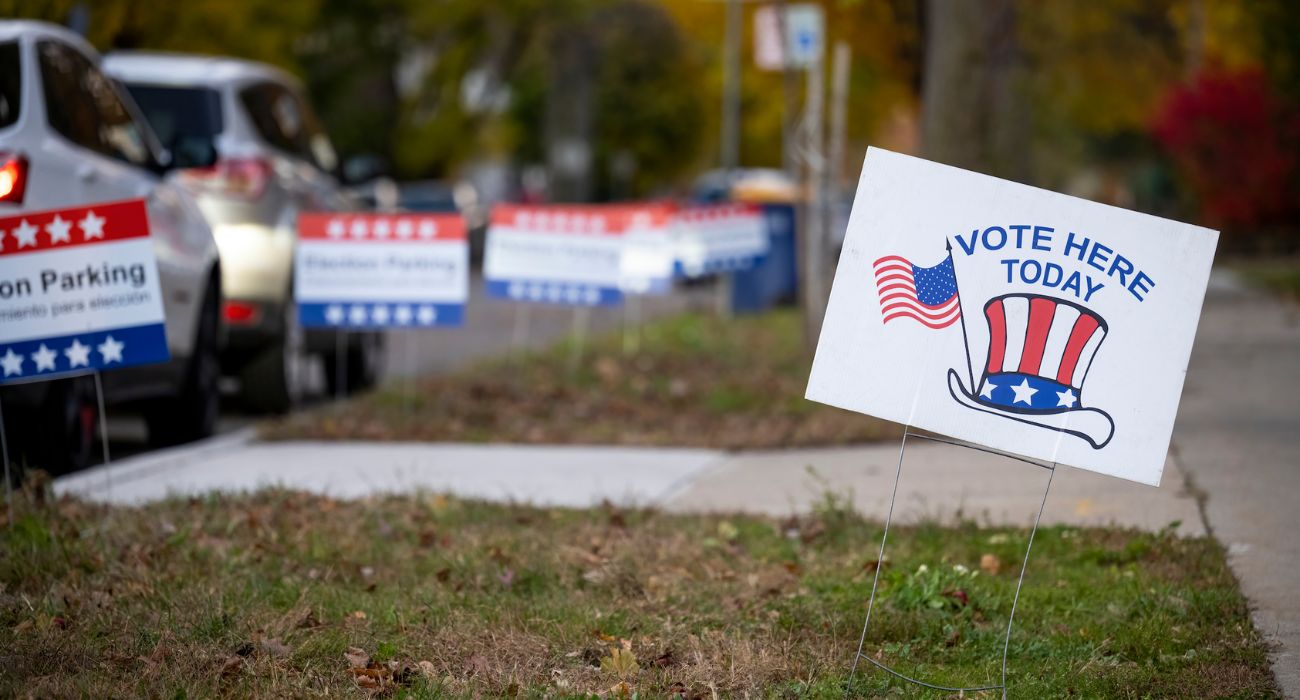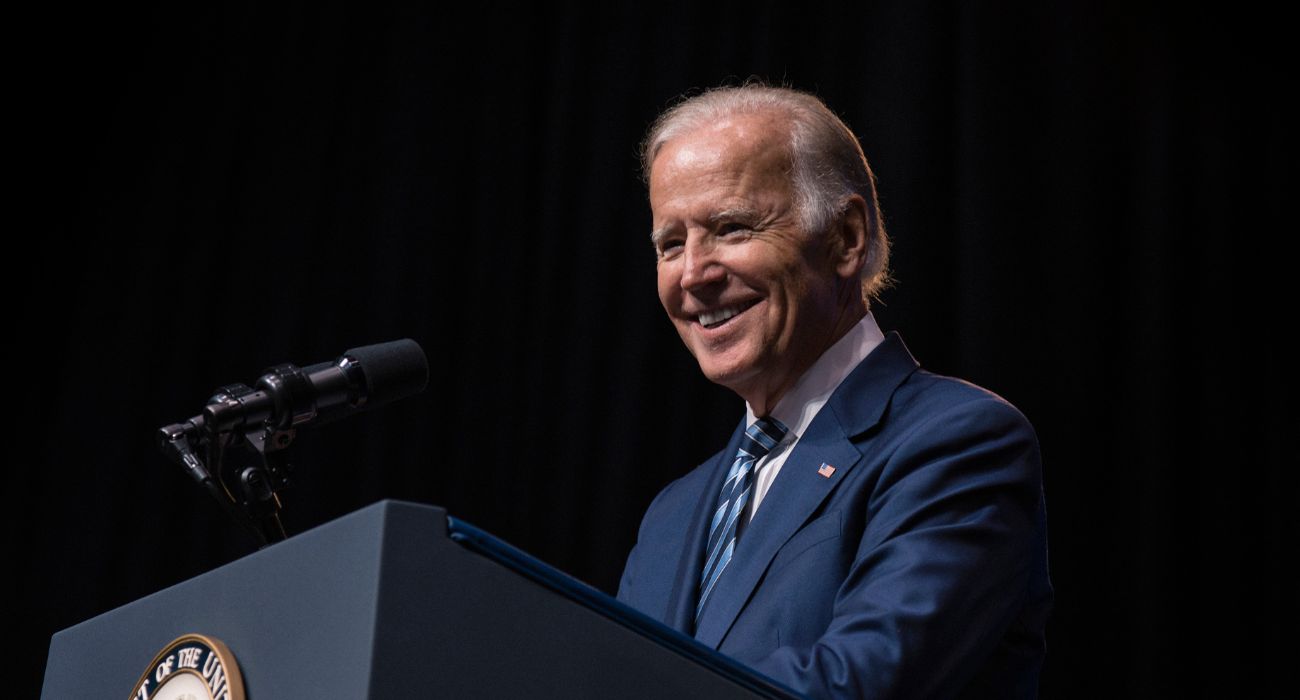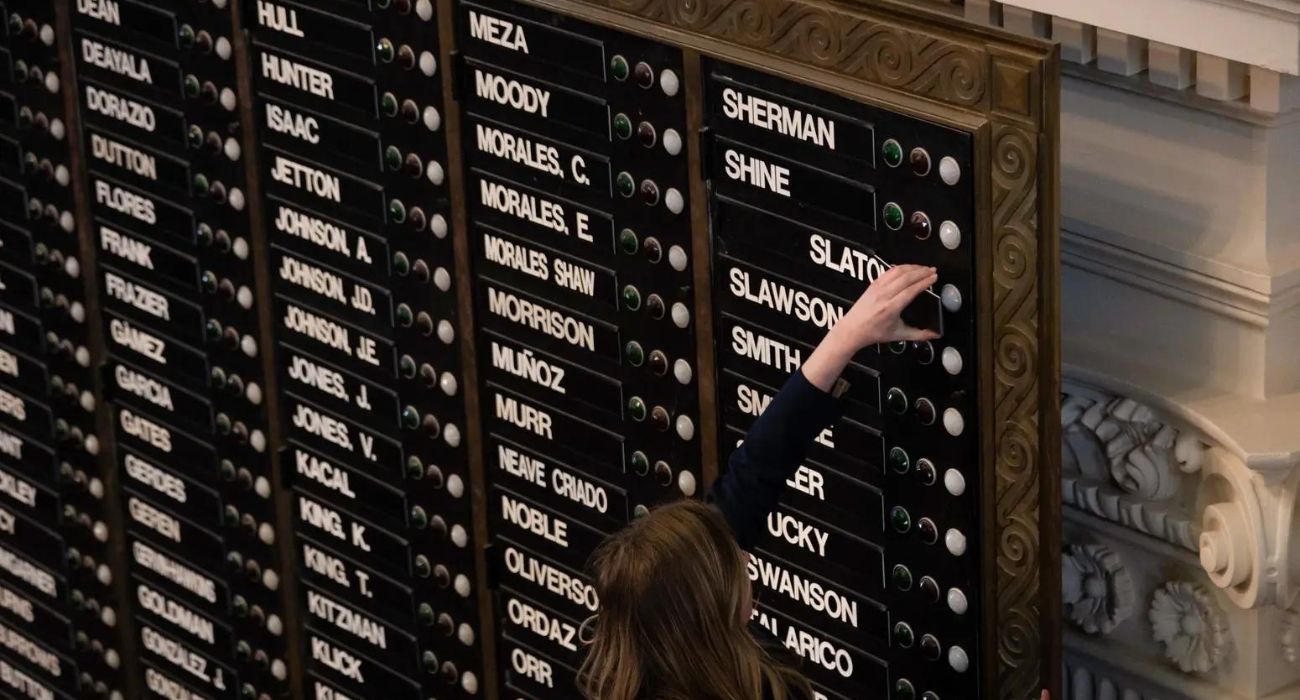In the United States, Election Day always falls on a Tuesday — specifically, the first Tuesday after the first Monday of November. Why is that?
This tradition goes back to a law passed by Congress in 1845, which was adopted “to establish a uniform time for holding elections for electors of the President and Vice President in all the States of the Union.”
The bill reads, “Be it enacted by the Senate and House of Representatives of the United States of America in Congress assembled, That the electors of President and Vice President shall be appointed in each State on Tuesday next after the first Monday in November of the year in which they are to be appointed.”
When asked why there was such “hot haste to pass this bill,” Representative Hugh Haralson (D-GA; 1805–1854) said, “We have just come out of a presidential election, and both parties are charging each other with having committed great frauds, and both professed to be anxious to guard against them in the future,” as paraphrased by the Congressional Globe. “This was, therefore, the best possible time to pass a bill of this nature.”
“The object of this bill was to guard against frauds in the elections of President and Vice President, by declaring that they shall all be held on the same day,” the Globe wrote, paraphrasing the remarks of Representative George Rathburn (D-NY; 1802–1870).
Before this act, every state had considerable flexibility in deciding when to hold presidential elections. Still, as transportation and communication between states improved, concern grew that larger voting states could be influenced by the results in states where people voted earlier.
November was chosen because, in the 1840s, many people in the United States were still engaged in the agricultural industry. November falls after farmers have completed their harvest but before harsh winter weather could prevent them from going into town to vote.
Tuesday was chosen to allow time for farmers and other rural residents to travel into town, as lawmakers wanted to avoid making their constituents travel on a Sunday, which was designated as a day of worship and rest.
Legislators chose “the [first] Tuesday after the first Monday” to avoid election day coinciding with All Saints’ Day, a Christian holy day celebrated in honor of all church saints. The Western church calendar shows that All Saints’ Day is celebrated on November 1 and can sometimes fall on a Tuesday, just as it did this year.
Additionally, avoiding November 1 “took into consideration the fact that many merchants used the first day of the month to tally their books from the previous month,” according to a congressional research service paper on frequently asked Election Day questions.
This bill initially applied only to presidential elections but was later extended to elections for members of the House of Representatives every two years as well.
In 1872, Congress aligned House elections with presidential elections by scheduling them for “the Tuesday next after the first Monday in November” starting in 1876 and “in every second year thereafter.”
According to current law, “The Tuesday after the 1st Monday in November, in every even-numbered year, is established as the day for the election, in each of the States and Territories of the United States, of Representatives and Delegates to the Congress, commencing on the 3d day of January next thereafter.”
Until 1913, U.S. senators were elected by state legislatures, but that changed with the ratification of the Seventeenth Amendment, which provides for the direct election of senators by the voters of the state.
The following year, Congress aligned the popular election of senators with the biennial House elections.
Under current law, “At the regular election held in any State next preceding the expiration of the term for which any Senator was elected to represent such State in Congress, at which election a Representative to Congress is regularly by law to be chosen, a United States Senator from said State shall be elected by the people thereof for the term commencing on the 3d day of January next thereafter.”






